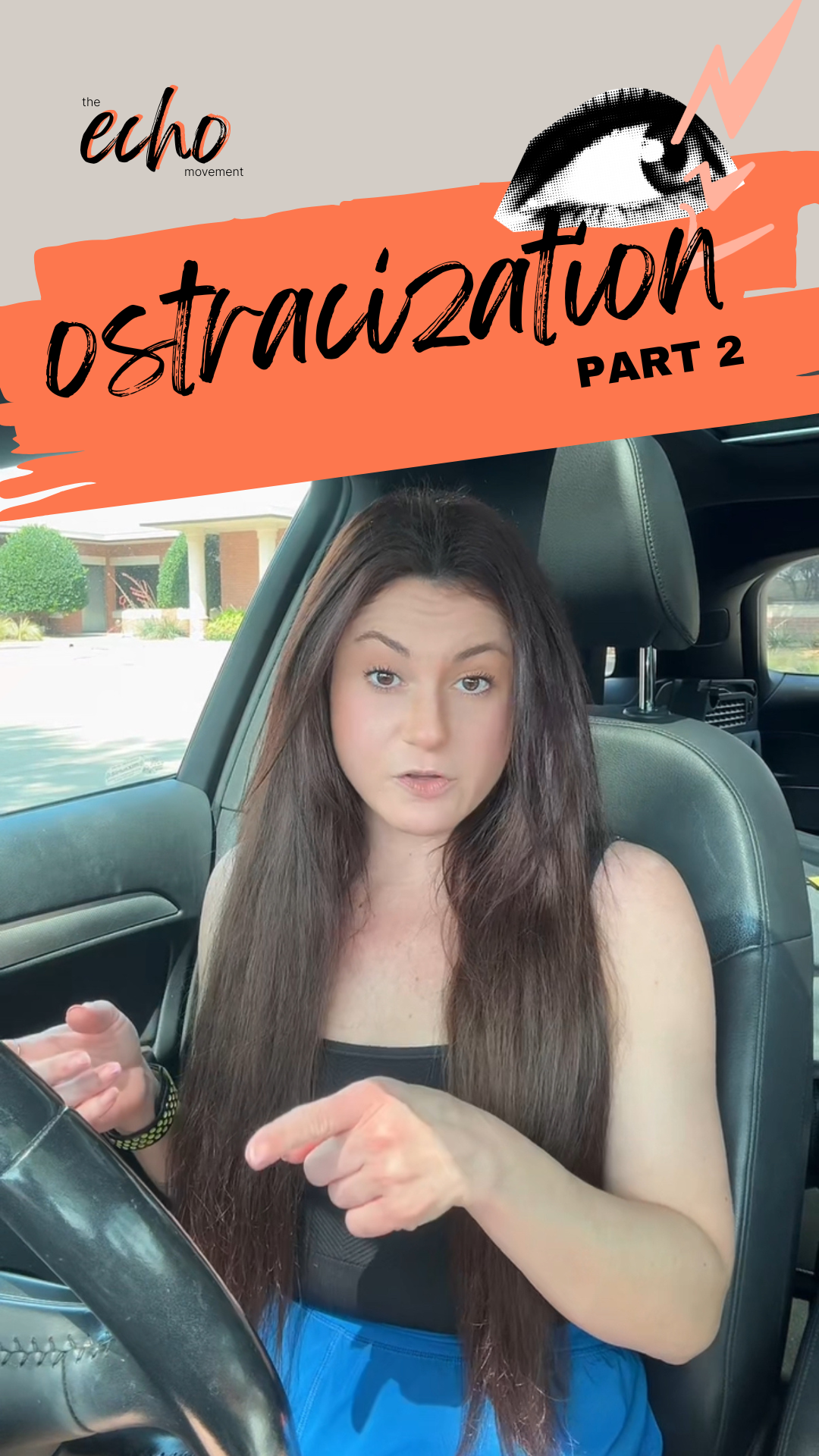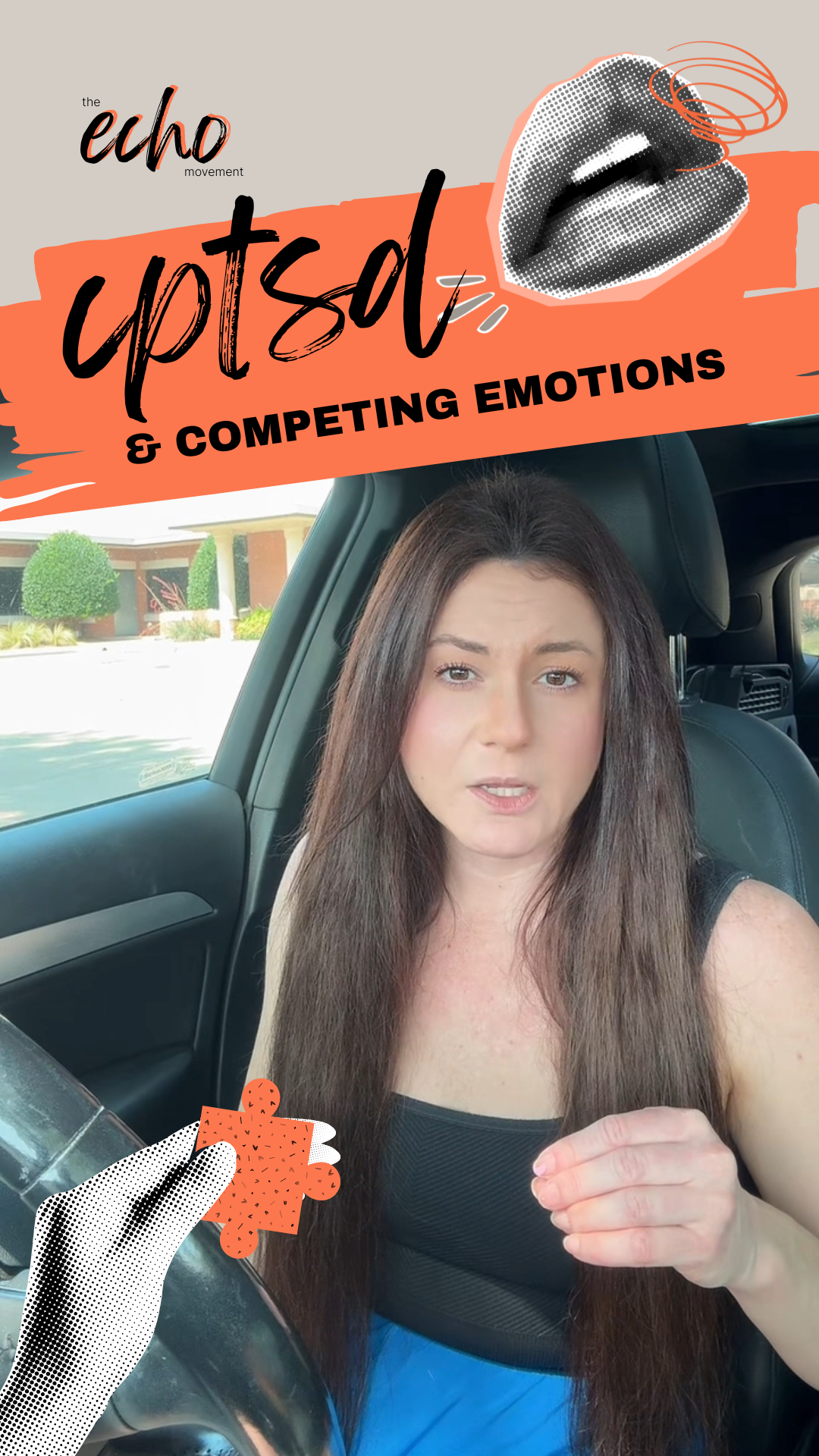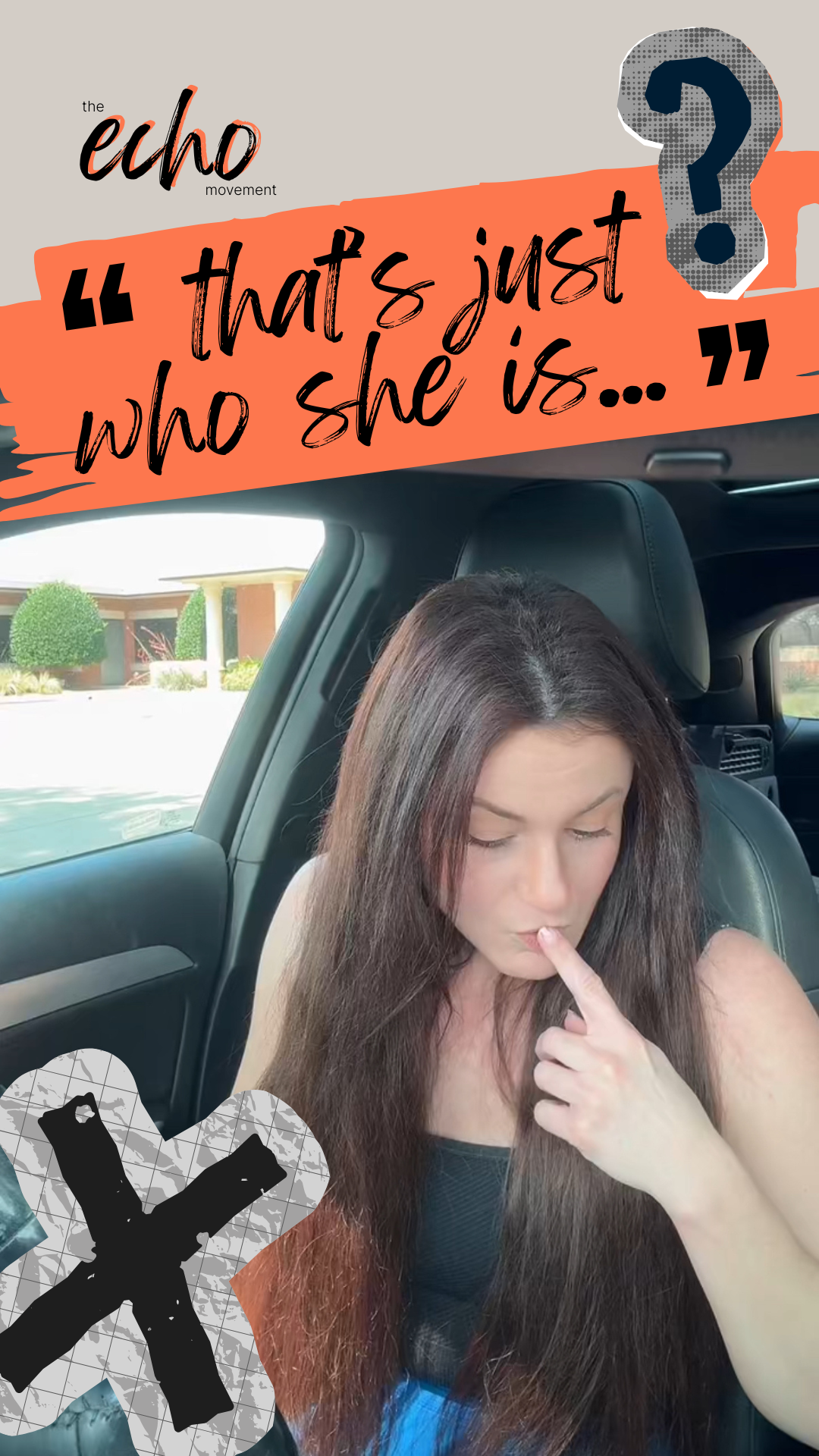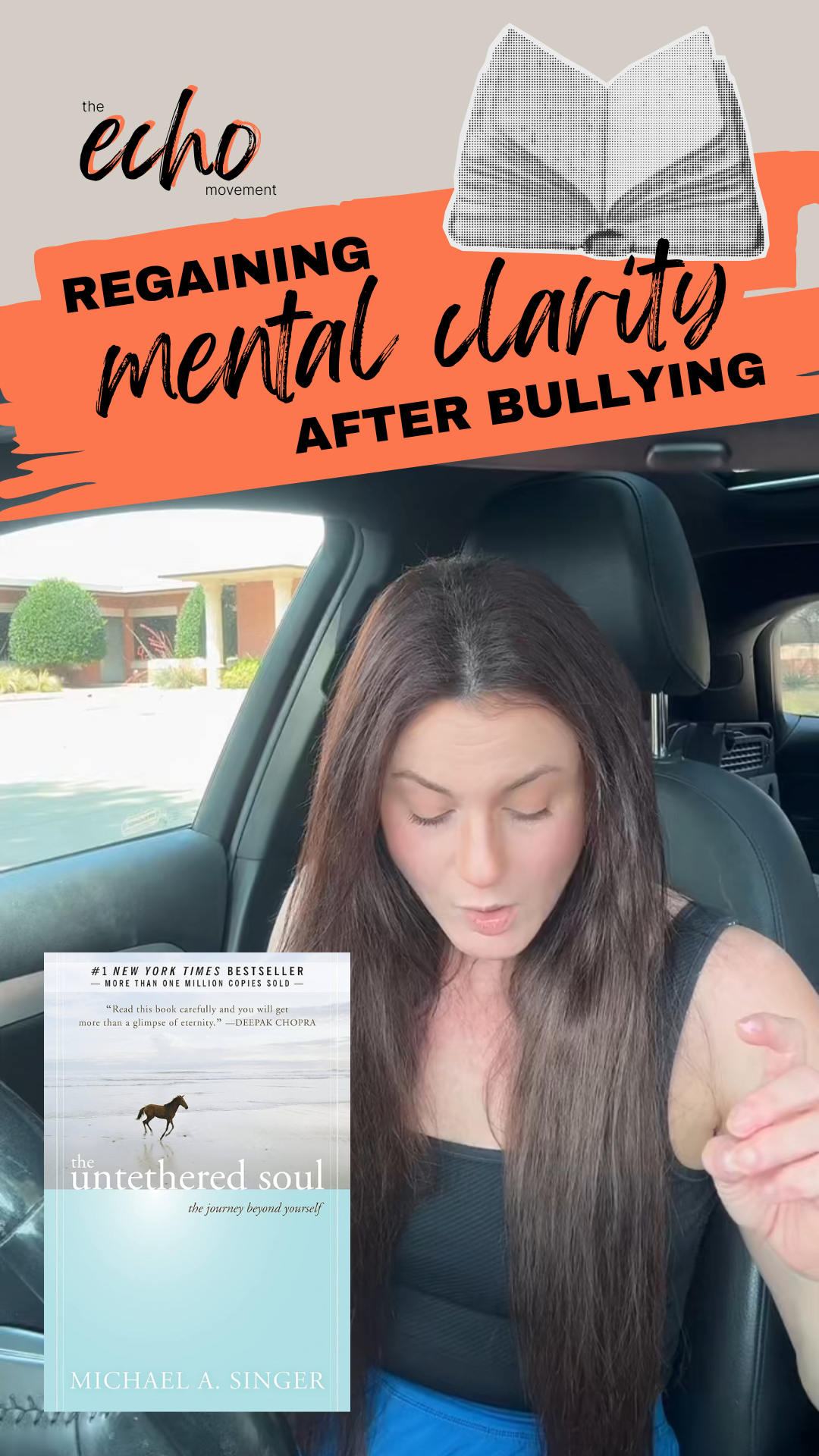For many people, childhood is where friendships are formed, trust is built, and social skills take root. But when bullying enters the picture, those foundations can be shaken for life.
Childhood bullying, whether through emotional bullying, social bullying, or even sibling bullying, can leave deep scars that change the way you relate to others as an adult. It’s not just about what happened in the moment; it’s about how those experiences rewired the way you see yourself and the people around you.
How Childhood Bullying Changes the Way You Connect
1. Trust Becomes Harder to Build
When the people who were supposed to be your peers, or even friends, turned against you, it can feel unsafe to let anyone get close. Trust isn’t given freely; it has to be earned, and even then, doubts may linger.
2. Hyperawareness in Social Situations
Bullying survivors often develop a heightened sensitivity to body language, tone, and subtle shifts in group dynamics. While this awareness can help you read situations, it can also make you anxious and guarded.
3. Avoidance or Withdrawal
Some survivors avoid deep relationships altogether to protect themselves from the possibility of betrayal. This can lead to isolation and feelings of loneliness, a painful echo of the original bullying experience.
The Mental Health Impact
The effects of childhood bullying don’t just disappear with time. They can contribute to:
- Social anxiety and fear of rejection
- Attachment issues in close relationships
- Low self-esteem and self-doubt
- PTSD or Complex PTSD from prolonged abuse
Why These Patterns Happen
Bullying teaches you, often at a young age, that connection can be dangerous. Your brain adapts to keep you safe by avoiding situations that might trigger past pain. Unfortunately, these coping mechanisms can make it harder to form healthy bonds later in life.
Steps Toward Healing
- Recognize the Link: Understand that your current relationship struggles may be rooted in past bullying, not personal flaws.
- Practice Safe Vulnerability: Start by sharing small parts of yourself with people who have proven trustworthy.
- Seek Support: Therapists, peer support groups, and educational resources on Types of Bullying can help you process what happened and relearn healthy connection.
- Challenge the Old Narrative: Replace “I can’t trust anyone” with “I choose who I trust carefully.”
Childhood bullying doesn’t have to define your adult relationships.
While it can change the way you connect, it doesn’t have to stop you from building safe, meaningful bonds. By understanding how early trauma shaped your connection style, you can take steps toward healing — and reclaim the trust that bullying tried to take away.
Your story matters. Sharing it can make an echo loud enough to disrupt the silence.






